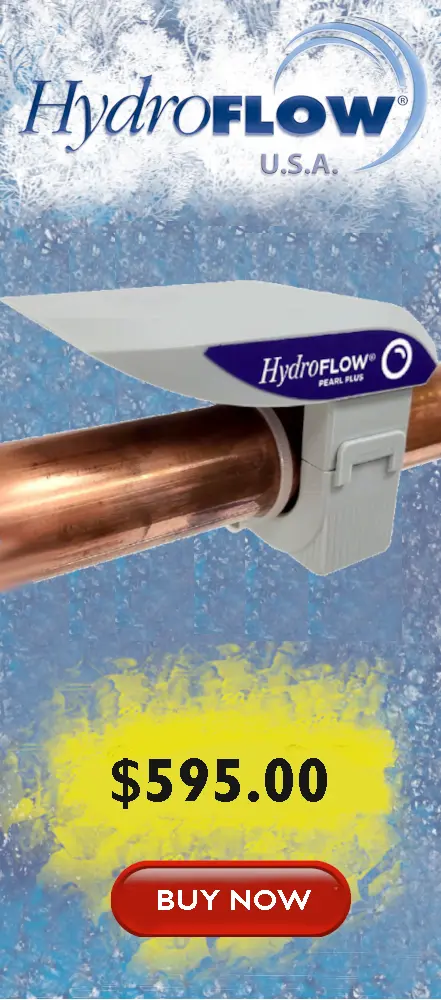
Massachusetts
Water Quality in Massachusetts
Massachusetts is a state that is rich with historical events. Deeply rooted as one of the first settled states, it played a critical role in the history of the United States; most notably the revolutionary war.
Water for the nearly 7 million residents in Massachusetts comes from rivers, streams and aquifers. Massachusetts Water Authority supplies water to the 40 municipalities in the Boston Metropolitan Area. The surface water supply come from the Quabbin Reservoir, Wachusett Reservoir and the Ware River.
Water Hardness Summary
Massachusetts has an average water hardness of 10 PPM which is soft by USGS measures. Boston, the most populous city, has a water hardness of 8 PPM. The majority of the state has soft water which is provided by Massachusetts Water Resources Authority.
For more information on the water hardness in specific cities, please see the table below.
PPM = Parts Per Million
mg/L = Milligrams Per Liter
gpg = Grains Per Gallon
Manufacturing and Water Hardness
Manufacturing is a major industry for Massachusetts. Top manufacturing industries are computers, electronics, chemicals, pharmaceuticals, food and beverage.
Product processing in most manufacturing plants requires water. Cooling towers and HVAC are imperative to keeping operations running smoothly. Water hardness levels in some manufacturing plants can be as high as 300 PPM; with water hardness levels this high, manufacturing equipment can deteriorate at a rapid pace and experience efficiency loss.
Solutions to your Water Quality Problems
Fixing your water quality issues in the state of Massachusetts will depend on your specific water source. It is best to test your potable water supply in order to get a better understanding of your water quality. Testing is relatively cheap. The test results will allow you to understand if your potable water has issues that need to be addressed. Common solutions to water contamination problems may include a water filtration system, a reverse osmosis system or other whole home water treatment solutions.
A problem that some Massachusetts residents will have to deal with is hard water. One old-fashioned, inefficient, expensive and unhealthy method to treat hard water is with a salt-based water softener. Most people don’t realize that if you’re using a water softener you are basically removing calcium and magnesium from your drinking water and adding salt to your diet. In addition, many states are banning the use of salt-based water softeners.
Alternative water treatment solutions such as “water conditioners” have been gaining popularity in recent years because they are cheap to operate and the best eco-friendly solution for hard water. Hydropath technology, which powers the HydroFLOW water conditioners is by far the most efficient and cost-effective eco-friendly solution to deal with hard water problems. To learn more about how HydroFLOW solves the problems created by hard water, please check out our technology page. You might want to read this blog that explains the difference between water conditioners and water softeners: Water Conditioner vs. Water Softener Blog.


